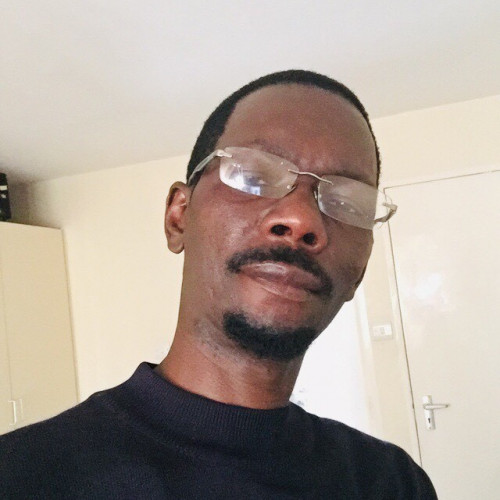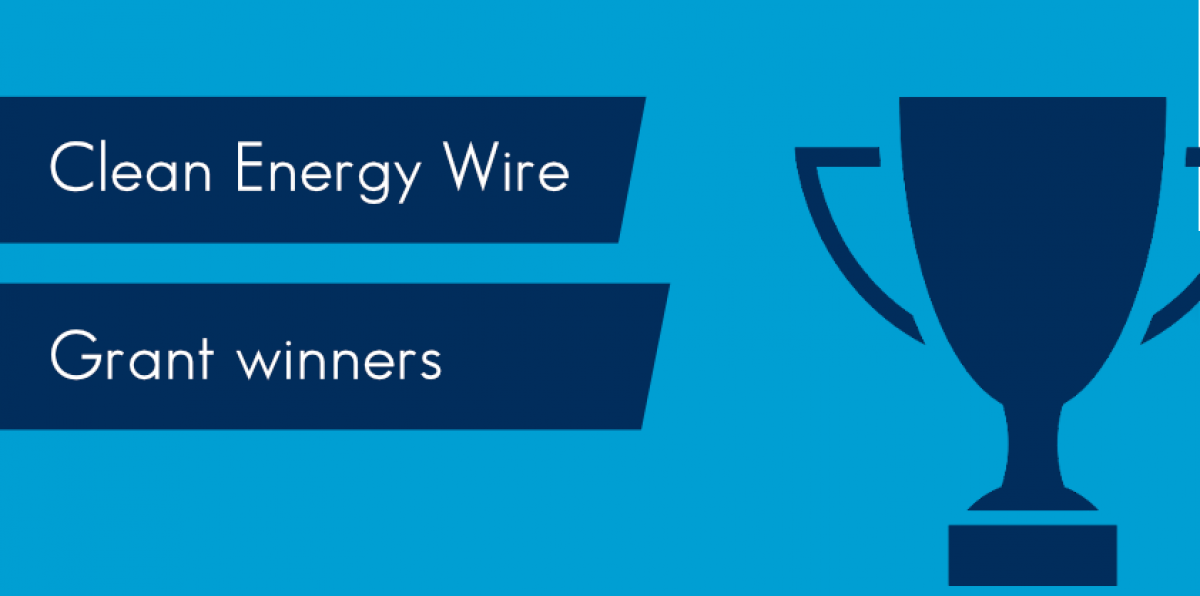The power of solar in Africa, energy sovereignty in South America, coal trade between Colombia and Europe: CLEW’s grant winners go truly cross-border on green recovery
CLEW's three grant winners
Just transition and energy sovereignty in Chile and Argentina
By Francisco Parra Galaz and Andrea Ana Gálvez, working from Chile and Argentina.
Both Chile and Argentina are fossil-dependent and have a close bilateral relationship of energy exchange. Francisco and Andrea Ana propose to create a microsite that will contain the results of thorough research on just transition and energy sovereignty in Chile and Argentina. Their investigation will use data visualization tools to profile fossil and renewable energy providers, each country’s energy uses and needs in relation to 2050 decarbonization goals, the “sacrifice zones”, post-COVID recovery plans and how South America can develop a common and just transition plan.
The judges were very impressed with this pitch, as the project seems doable and ambitious at the same time. They believe it can have a big impact, and that the stories created will be of interest to not just Latin American readers, but to a global community.
The power of solar energy in East Africa
By Fredrick Mugira, Annika McGinnis, Geoffrey Kamadi and Florence Majani, working from Uganda, Kenya and Tanzania
Energy demand, especially for information and communications technologies, has risen in East Africa during the COVID-19 pandemic. Yet on grid electricity has become less affordable and reliable, which is why more people are turning to solar energy to power their economic, health and schooling needs. Fredrick, Annika, Geoffrey and Florence propose a joint multimedia data journalism project covering the power of solar energy to boost agricultural economies and provide critical health and education services during and after COVID-19.
The judges felt this pitch has the potential to become an interesting and powerful story. It covers the direct needs of people in East Africa, the effects on their daily lives and how the situation is becoming even more critical due to the current pandemic.
Coal trade between Colombia and Europe
By Rudi Bressa and Lise Josefsen Hermann, working from Italy and Colombia
Though only two EU member states still produce hard coal, many EU countries still use coal to produce their energy. Colombia remains one of the major producers, despite a disruption with exports due to COVID-19. Rudi and Lise will investigate the coal relationship between the EU and Colombia. They will dive deep into the coal phase-out in Europe and report on the closing of the biggest power plant in Italy, and also show the economic and health consequences of extracting coal for Colombian miners and communities, like the indigenous Wayuu people.
The judges thought this story to be highly relevant, showing the overseas results of extracting coal. This pitch clearly shows the many faces of the energy transition and the consequences in different regions in the world.
Picking the winners
It was a pleasure to collaborate on this round of grants with our great panel of judges, including Vaishnavi Chandrashekar, editorial consultant for The Times of India Mumbai and a reporter and editor for various online, newspaper and magazine outlets; Dagmar Dehmer, award-winning journalist and now head of communications for BGE; and Ochieng’ Ogodo, Sub-Saharan Africa English Edition regional coordinator and editor for the Science and Development Network. Jointly they have selected the top cross-border pitches of internationally relevant stories with a green recovery angle.

“Transnational reporting is becoming more critical in journalism today than ever before. This is because the most pressing economic, political and social issues transcend national borders.”
The judges had to pick the winners from 22 excellent pitches from journalistic teams covering climate and energy topics from 28 different countries, varying from agricultural developments in Uganda and Egypt to a possible future hydrogen market in India. It was impressive to see so many journalists from all over the world coming up with these collaborative story angles. As Ochieng’ Ogodo has put it, “Transnational reporting is becoming more critical in journalism today than ever before. This is because the most pressing economic, political and social issues transcend national borders.”


